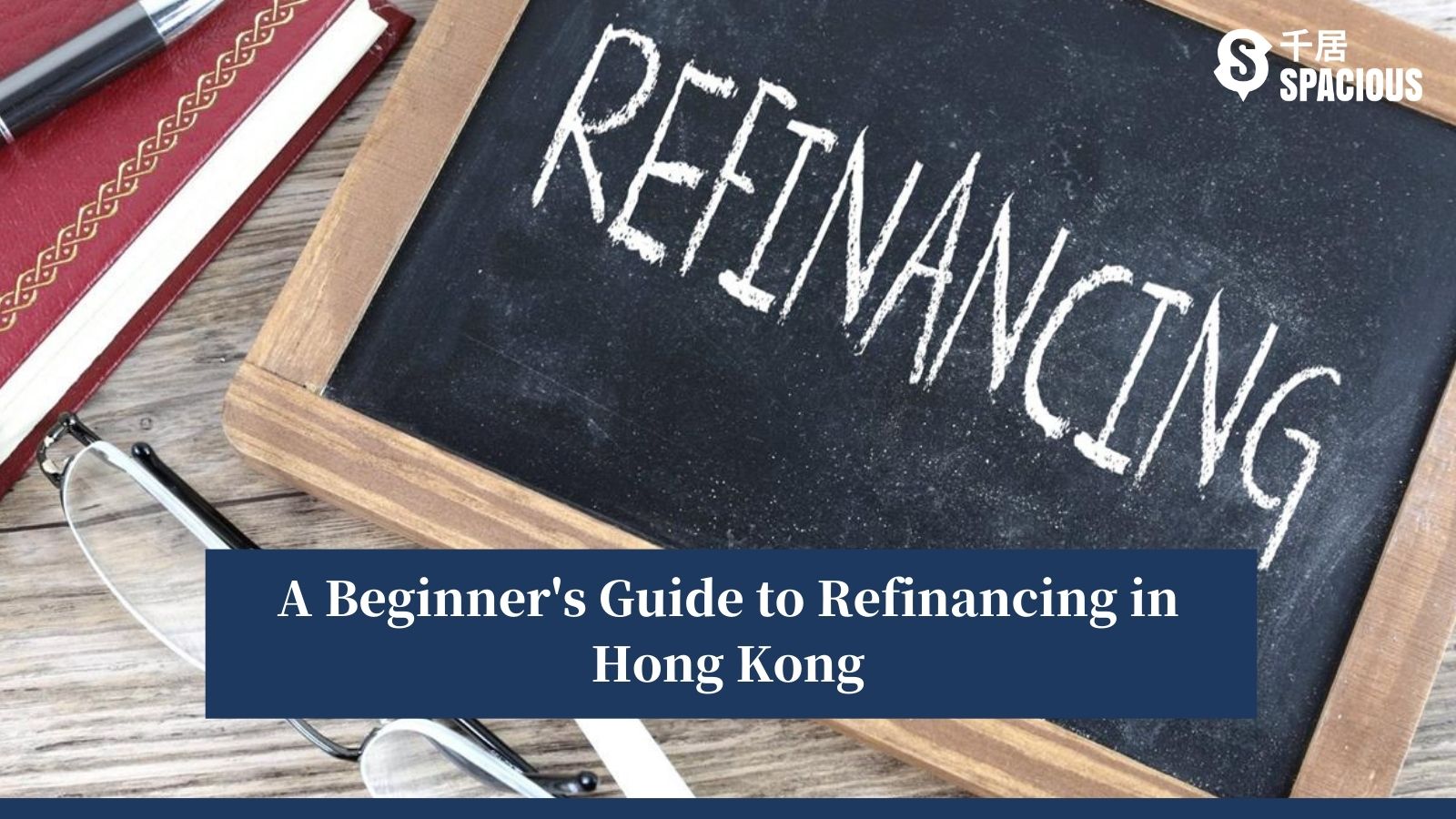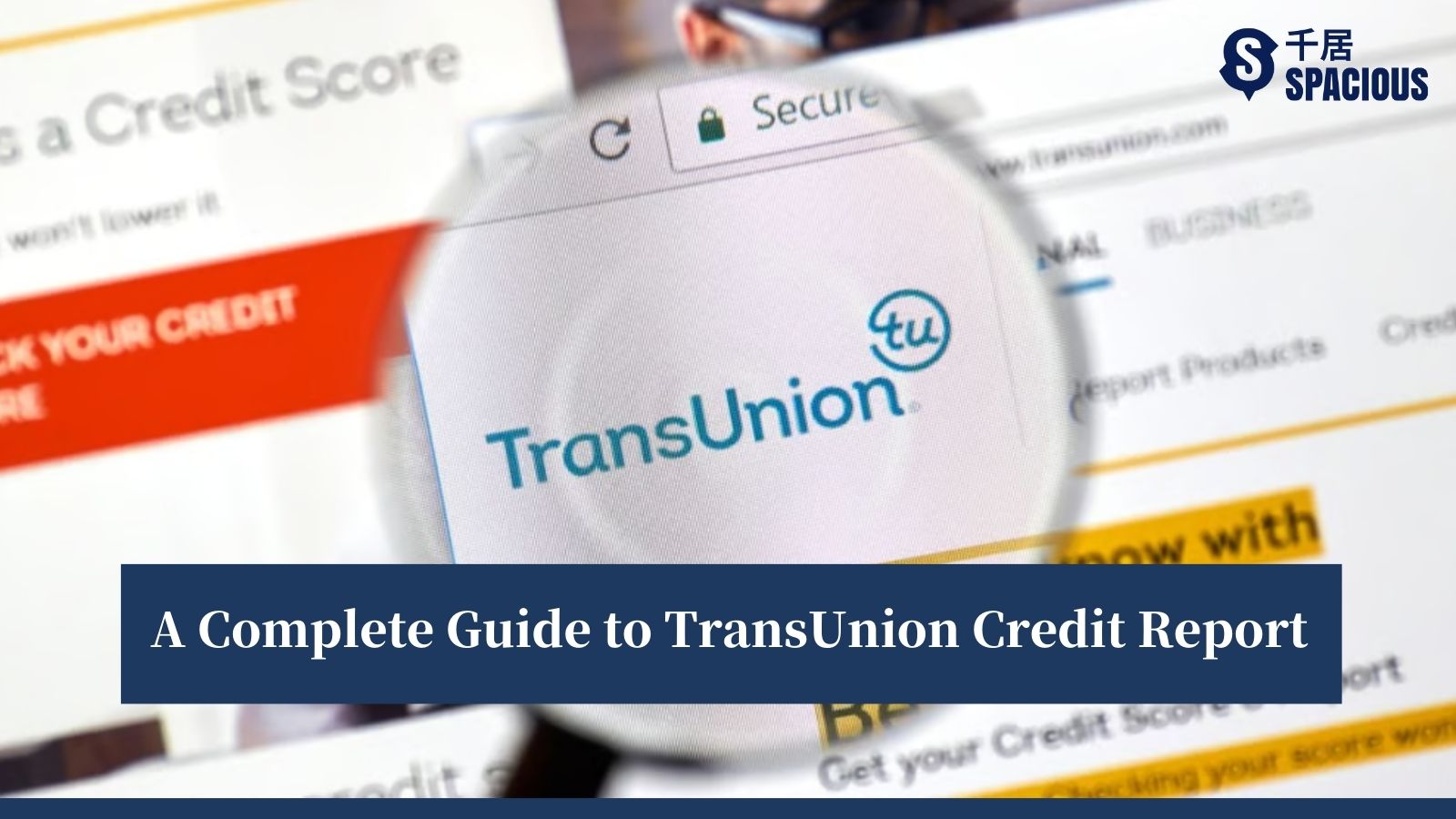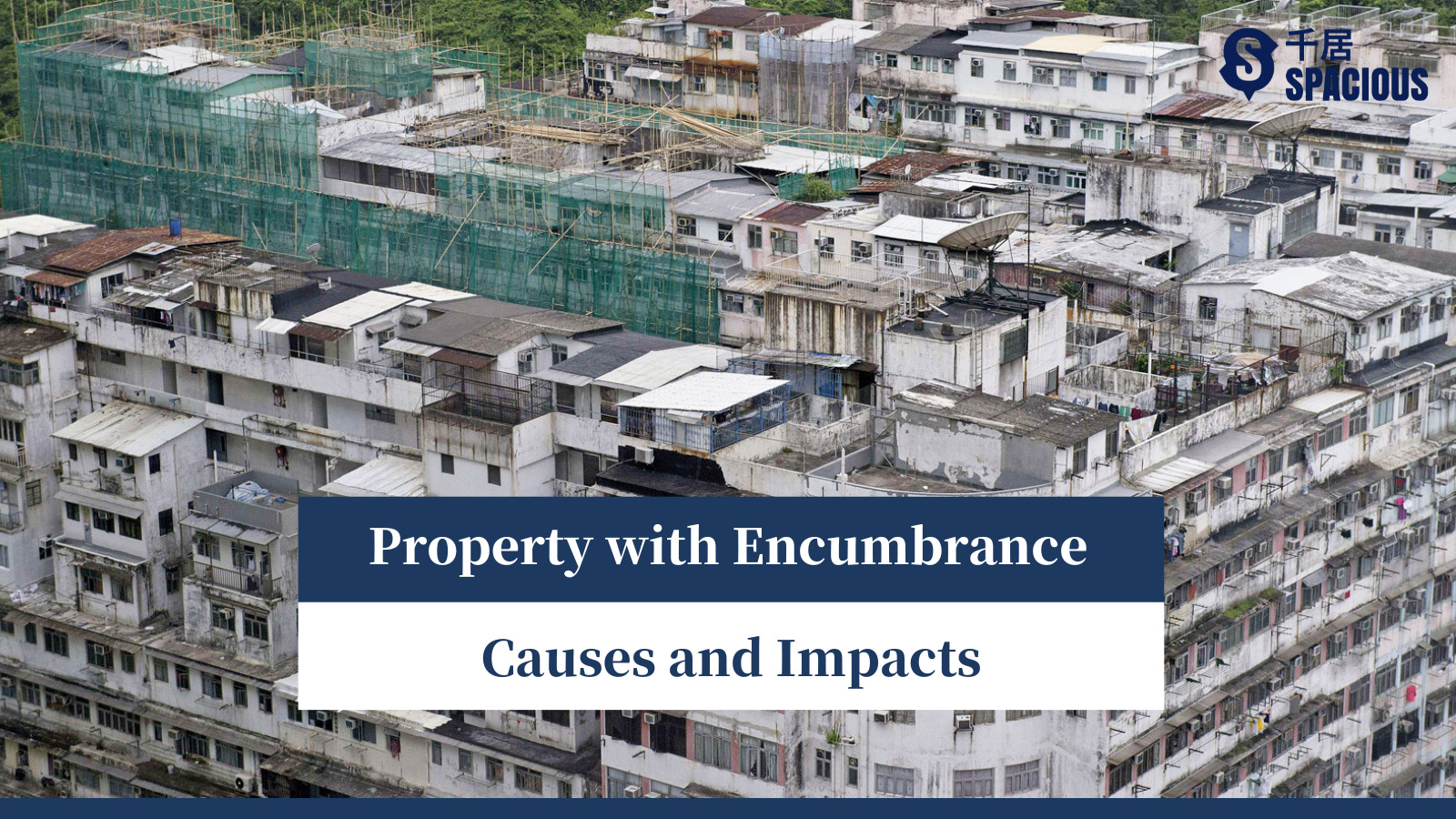
Refinancing means to reapply for a mortgage with the same lending bank for a property that has already been mortgaged, in order to cash out more funds.
Keep on reading if you are a homeowner hoping to increase your liquid assets but are not familiar with refinancing. In this Spacious’ article, you will also learn the difference between refinancing and second mortgage, and when to choose one over the other.
Jump to: Best Timing for Refinancing | Refinancing v.s. Second Mortgage | Considerations for Refinancing | FAQ
Latest Update:
– The Hong Kong Monetary Authority (HKMA) has suspended the interest rate stress testing requirement for property mortgage lending that assumes a 200-basis-point rise in the mortgage rate. (2024-2-28)
– Rental properties that are not used by owners, the maximum loan-to-value ratio will be increased to 60 per cent, from previous 50 per cent. (2024-2-28)
The Best Timing for Refinancing
Refinancing is done usually when the property has appreciated in value, i.e. current valuation is higher than purchase price.
By reapplying for a mortgage, the newly approved mortgage amount should be higher. Homeowners can extract the surplus amount from the new loan through refinancing for cash-out.
Here’s an example.
Suppose a residential unit was purchased 5 years ago for $5 million, with a mortgage interest rate of 2.5% over a term of 30 years. Under a 60% loan-to-value ratio, the loan amount is $3 million.
Assuming the unit’s value has now appreciated to $5.5 million, with an outstanding mortgage balance of approximately $2.5 million.
Through refinancing with a 60% loan-to-value ratio, the new loan amount would be $3.3 million. After deducting the outstanding balance of $2.5 million, the homeowner can cash out approximately $800,000 through refinancing.
| 5 years ago | Now | |
| Property Value | $5M | $5.5M (Appreciation in Value) |
| LTV ratio | 60% | 60% |
| Mortgage Amount | $3M | $3.3M |
| Outstanding Mortgage Amount | $3M | $2.5M |
| Cash-out Amount | Not Applicable | $800,000 |
Find or sell properties on Spacious
Refinancing v.s. Second Mortgage
Some homeowners confuse refinancing with a second mortgage, thinking that refinancing involves borrowing from a financial company.
When applying for refinancing, there is only one lender involved throughout the process, which is the initial mortgage provider (usually a bank). Refinancing simply refers to applying for an increased loan amount from the same bank.
On the other hand, a second mortgage involves two mortgages and two lenders. Under a second mortgage, the property has two creditors: the first mortgage lender, who provided the original mortgage, and the financial company that provides the second mortgage.
Risks of a Second Mortgage
The risks of a second mortgage are higher than refinancing. The reasons are as follows:
- The mortgage interest rates offered by financial companies are higher than those of banks, resulting in a heavier financial burden.
- Financial companies are less regulated compared to banks, and their services may not be guaranteed.
- In the event of default, since a second mortgage involves two creditors, both have the right to call the loan and initiate foreclosure.
Find or sell properties on Spacious
Considerations for Refinancing
When applying for refinancing from a bank, the interest rates are usually lower compared to other lending institutions, and there may be cash rebates, attracting homeowners in need of funds. If you are considering refinancing, pay attention to the following three points:
1. Property Appreciation
If the property market experiences only minor growth, the bank may assess the property based on factors such as its age and quality, resulting in unchanged or only slightly increased valuation. The actual cash available for refinancing may not meet expectations.
2. Rising interest rates
Even if property prices have increased, the interest rate for refinancing may be higher than the original one during an interest rate hike cycle. Homeowners need to carefully consider whether it is worthwhile to cash out temporarily while facing higher long-term borrowing costs.
3. Repayment capability
Banks will conduct stress tests and review the repayment records of refinancing applicants. If the applicant’s income has not significantly improved and they have a history of frequent late payments, the refinancing application may not be approved.
Lastly, homeowners should be aware that refinancing increases the repayment pressure, and they should borrow responsibly. If you are searching for a property across different neighbourhoods, go to Spacious to discover a wealth of properties listed for sale.
Find or sell properties on Spacious
FAQ
Can I apply for refinancing under the new Mortgage Insurance Program?
No, it is not allowed. However, if you have opted for the old Mortgage Insurance Program, you can apply for refinancing through the Refinancing Mortgage Insurance Plan.
The property value must be at or below 6 million HKD, and the maximum loan-to-value ratio is 80%.
What documents are required for refinancing application?
Applicants need to provide identification and income proof documents to the bank for re-evaluation of the mortgage.









